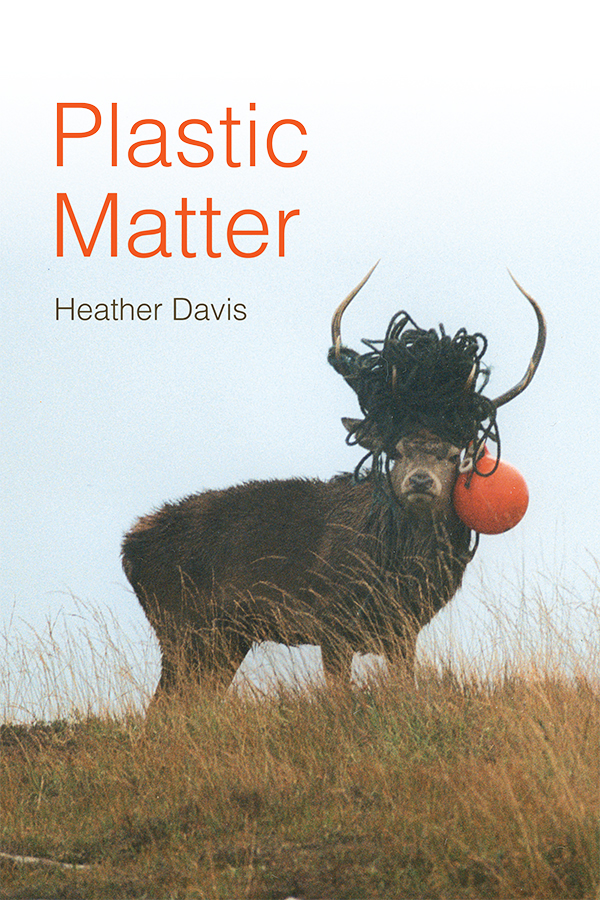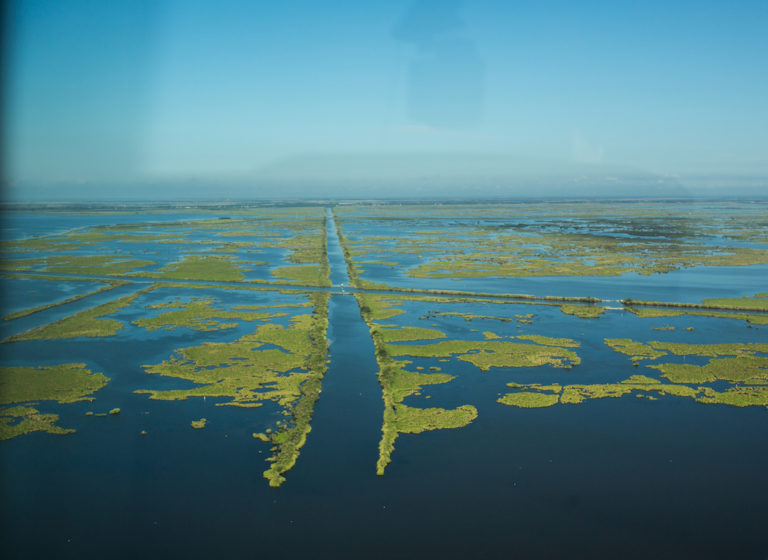Heather Davis’s Plastic Matter sheds light on the implications of plastic’s synthetic universality, inviting readers to reflect critically on their relationship with plastic material and also with matter more generally. She outlines concepts such as plasticity and globalized unlocality, arguing that plastic’s ability to take on various forms contribute to ecological disruptions, biological harms, and social inequalities. Davis highlights how plastic is an everyday, ubiquitous material whose harms are unevenly displaced with regards to race, sex, and class; for example, as waste that is continually dumped on the global South. She further details how the systems designed to handle plastic’s excesses cannot contain it, leading it to swell out and impact more communities, human and beyond. The book critiques dominant narratives of plastic as an ideal of Enlightenment progress, while emphasizing the complexity of plastic and the ambiguity of its role and our relations with it. But Davis also argues that thinking with plastic invites queer relationships with new kin. Davis thus encourages readers to think beyond plastic’s simple ubiquity and to challenge the apparent plasticity of matter.
Keyword: sustainability
License to Extract: How Louisiana’s Master Plan for a Sustainable Coast is Sinking It
This article explores the deployment of Louisiana’s highly touted $50 billion, fifty-year Master Plan for a Sustainable Coast, which is often characterized as saving Louisiana’s Working Coast of disappearing marshlands that are home to several major industry sectors, along with migratory flyways, seafood estuaries, and two million residents. As a concept, the Working Coast attempts to signify the importance of Louisiana’s coastal zone to the nation’s economy in order to justify expensive restoration projects. By complicating the euphemism and the extractive logic it signifies, I hope to show that the state’s current approach to slow the disappearance of its coastline in fact rationalizes the very practices sinking it. The Working Coast reifies the state’s fragile marshlands through metrics that can only be realized through continued extraction.

